DISCIPLINE: Field Courses
COURSE LENGTH: 1 Day
CEUS: 0.8
AVAILABILITY: Public & In-House
ATTEND AN UPCOMING CLASS:
COURSE DESCRIPTION: Geoscientists and Engineers are responsible for characterizing the subsurface and often, with limited datasets. The use of analogs is critical for understanding the geologic variability that can and does occur.
The Texas Gulf Coast provides an excellent modern analog for fluvial and shallow marine reservoirs in the subsurface. Modern analogs provide spatial context for the arial geometry and variability that occurs within their respective depositional environments. This course will provide participants with a hands-on experience to understand how depositional environments and processes influence geometries and preservation potential of these systems to aid in their characterization in the subsurface as aquifers, reservoirs, and storage for carbon capture.
LEARNING OUTCOMES:
- Introduction to fluvial/shallow marine processes, depositional environments and preservation potential.
- Spatial understanding of geometries for these depositional systems as they relate to subsurface characterization.
- Fundamental concepts of facies and their impact on reservoir quality, distribution and volumetric calculations.
COURSE CONTENT:
COURSE CONTENT:
- Stop 1: Brazos River fluvial processes, facies and depositional systems
- Stop 2: Brazos Delta wave dominated processes, facies and geometries.
- Stop 3: San Luis Pass Tidal Inlet and Flood Tidal Delta processes, facies and geometries.
- Stop 4: Galveston Barrier Island processes, facies and geometries.
